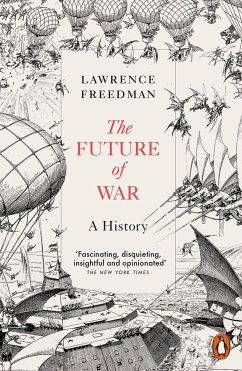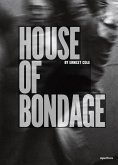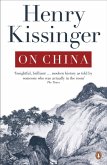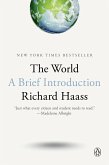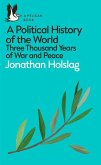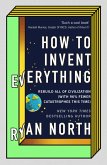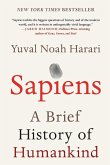For as long as there have been wars there have been fears about the next war. Where are the new dangers? What is the best defence? How might peace come about? This is the history of how over the last 150 years we have tried - rightly and wrongly - to predict war's future.
'Britain's leading academic strategist ... read this book' Economist
'Insightful and opinionated ... expertly covers centuries of evolving mayhem' Gary J. Bass, The New York Times
'A bonfire of predictions ... Freedman's purpose in this wise book is to discern patterns in the way we have thought about war's future' Shashank Joshi, Financial Times
'It reflects the author's immense knowledge and wisdom. It should feed our humility, because it reminds us of mankind's unlimited capacity for folly' Max Hastings, The Times
Hinweis: Dieser Artikel kann nur an eine deutsche Lieferadresse ausgeliefert werden.
'Britain's leading academic strategist ... read this book' Economist
'Insightful and opinionated ... expertly covers centuries of evolving mayhem' Gary J. Bass, The New York Times
'A bonfire of predictions ... Freedman's purpose in this wise book is to discern patterns in the way we have thought about war's future' Shashank Joshi, Financial Times
'It reflects the author's immense knowledge and wisdom. It should feed our humility, because it reminds us of mankind's unlimited capacity for folly' Max Hastings, The Times
Hinweis: Dieser Artikel kann nur an eine deutsche Lieferadresse ausgeliefert werden.

